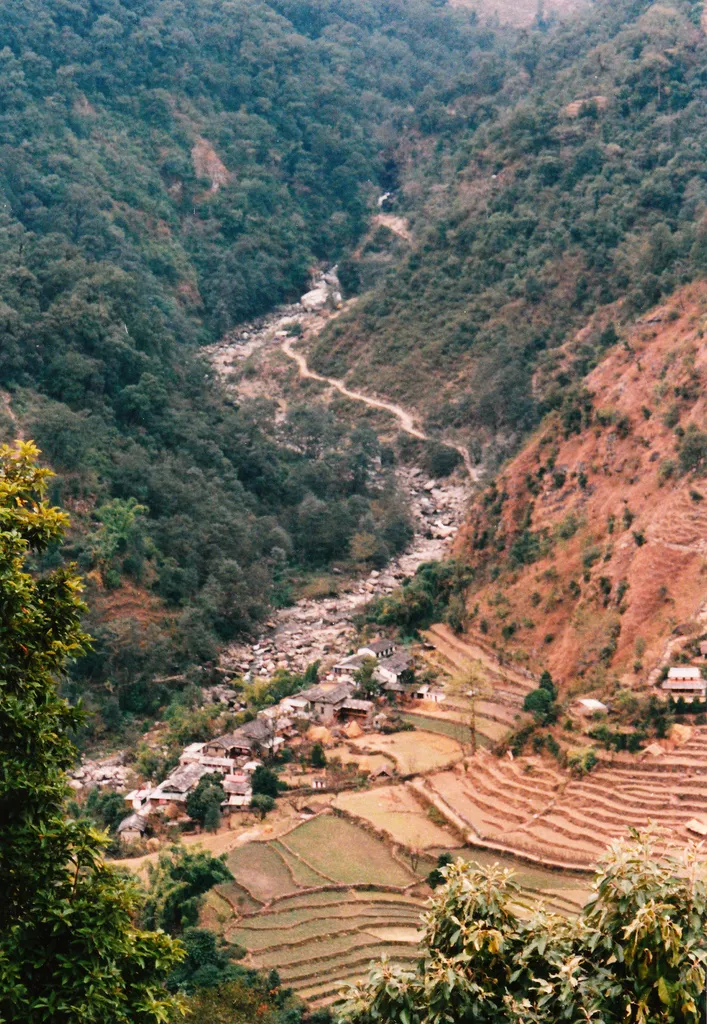The French Association d'Automobilists is about to release a publication detailing its plans to improve road safety in the country. Copies will be distributed to senior officials including those at the Ministry of the Interior and also the French the Prime Minister. The publication reveals that some 30% of deaths on the road are linked to drink driving. One plan to tackle this is to have police patrolling popular night spots and another is to carry out more roadside breath tests and catch drink drivers. Acc
November 8, 2013
Read time: 2 mins
The French Association d'Automobilists is about to release a publication detailing its plans to improve road safety in the country. Copies will be distributed to senior officials including those at the Ministry of the Interior and also the French the Prime Minister. The publication reveals that some 30% of deaths on the road are linked to drink driving. One plan to tackle this is to have police patrolling popular night spots and another is to carry out more roadside breath tests and catch drink drivers. According to the publication, this first measure could save 292 lives while the second could save up to 115 lives. Other proposed safety measures include painting white warning lines on secondary roads to help reduce casualties from drivers falling asleep at the wheel, which caused 984 deadly accidents in 2012. The publication calls for all vehicles to be fitted with hands-free phone technology as well as for major routes to feature stopping areas where drivers can pull over to use the phone or send text messages. To help reduce casualties amongst pedestrians the publication calls for vehicles to be fitted with visible stop lights at the front as well as blind spot mirrors. The association received more than 200 proposals for ways to reduce road deaths from its 4 million members during 2013.








